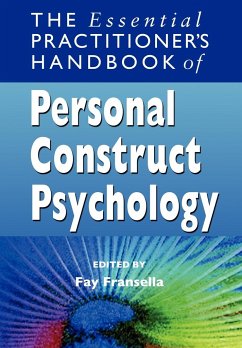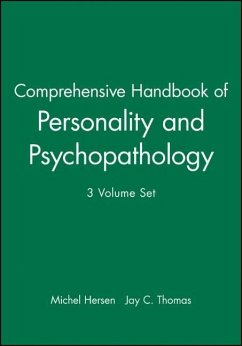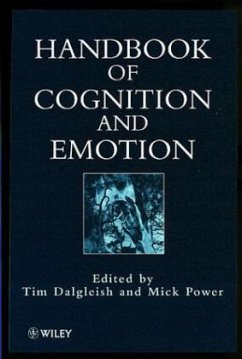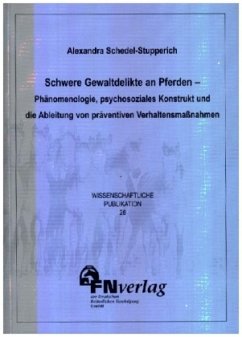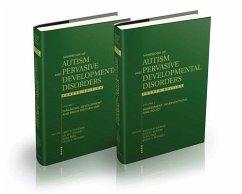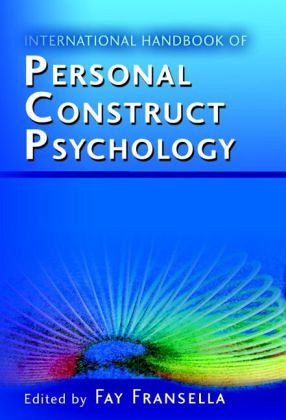
International Handbook of Personal Construct Psychology

PAYBACK Punkte
132 °P sammeln!
This first "International Handbook of Personal Construct Psychology (PCP) illustrates by its breadth and scope the huge influence the work of George Kelly has had, since its inception in 1955, on psychology and related disciplines. Including some previously unpublished material by Kelly and Bannister, alongside classic texts, the handbook is largely devoted to the practical applications of Kellys work today.Areas in which PCP is now being used include expert systems, forensic psychology, psychotherapy and counselling, politics, post-traumatic stress, education, developmental and family psychol...
This first "International Handbook of Personal Construct Psychology (PCP) illustrates by its breadth and scope the huge influence the work of George Kelly has had, since its inception in 1955, on psychology and related disciplines. Including some previously unpublished material by Kelly and Bannister, alongside classic texts, the handbook is largely devoted to the practical applications of Kellys work today.Areas in which PCP is now being used include expert systems, forensic psychology, psychotherapy and counselling, politics, post-traumatic stress, education, developmental and family psychology, organizational psychology, cross-cultural understanding, nursing, policing, artificial intelligence and sport. As far as possible, each chapter aims to give the reader an idea or method that they can try out for themselves in their own work or personal context.Even today some of Kellys ideas are novel. Although all-embracing, this handbook cannot be comprehensive as new applications and extensions are being developed continually. It will prove an invaluable reference to practitioners and scholars from a wide range of disciplines, wherever human understanding is relevant.



